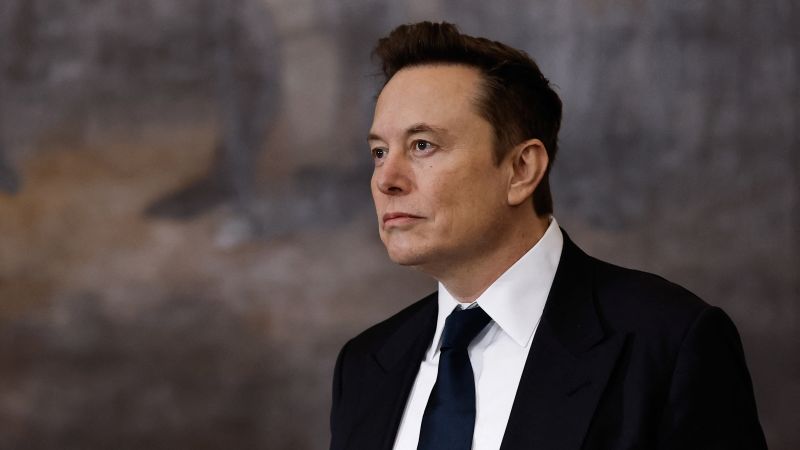In November 2022, following Elon Musk’s acquisition of the social media platform Twitter, now rebranded as X, employees were greeted with an ultimatum. They received an email marked with the subject line: “A fork in the road.” This message reflected Musk’s intent to drastically alter the corporate culture at Twitter, demanding utmost commitment and performance from its remaining workforce. This marked a pivotal moment for Twitter, setting the tone for what was to be a chaotic transformation under Musk’s leadership. Now, it seems Musk is channeling similar strategies in his new role connected to the United States government, drawing parallels with the demands placed on federal employees who recently received a remarkably similar memo.
Much like his message to Twitter employees, the recent memo sent to federal workers presented them with a stark choice: either dedicate themselves to a concept of “excellence,” characterized by reliability and loyalty, or be prepared to resign and accept a buyout. The alignment of language and tone in these communications suggests that Musk is attempting to implement a corporate-style efficiency model within government operations, raising significant concerns regarding the broader implications of such a transformation.
Critics, including former Twitter executives like Lara Cohen, who served as the company’s global head of marketing, have expressed unease regarding Musk’s abrupt and sometimes reckless management style. Observing the parallel between the financial and operational freeze affecting federal spending and his takeover at Twitter, Cohen articulated a fear that this shift could result in catastrophic consequences for a government that serves the public, in stark contrast to the profit-driven motives of a tech firm.
Musk’s preoccupation with downsizing—first in the corporate sphere at Twitter and now in the public sector—has signaled an alarming trend. Along with his emphasis on efficiency, Musk has leveraged his new role as a key advisor to President Donald Trump. This strategic position has allowed him to influence significant policy decisions, including the rollout of recent government buyouts aimed at reducing the workforce, as disclosed by reliable sources.
Experts argue that Musk’s approach may not be suitable for a governmental context. William Klepper, a management professor at Columbia Business School, emphasized the stark differences between the business and governmental environments. He pointed out that while businesses are primarily focused on profit and competition, the government’s fundamental aim should be to enhance service delivery and programming for the benefit of its constituents. This intrinsic difference in purpose denotes a need for caution in applying business techniques to public sector practices.
The White House has attempted to downplay concerns regarding Musk’s growing influence over government workforce decisions. Press Secretary Karoline Leavitt described his contributions to the Department of Government Efficiency (DOGE) as “incredibly productive,” thereby diverting attention from the controversies surrounding the overall effectiveness and stability of such sweeping reforms.
Musk himself asserts that there is public support for government downsizing, citing a Reuters/Ipsos poll that illustrates some opposition to certain governmental initiatives like diversity and inclusion programs. This reflects a broader sentiment among specific segments of the population but overlooks the critical role that a stable and efficient government plays in the everyday lives of citizens.
Reflections on Musk’s tenure at Twitter indicate a tumultuous transformation that came with many operational challenges. After concluding a massive $44 billion acquisition, he instigated sweeping layoffs, slashing the workforce drastically before having to rehire numerous employees shortly thereafter. Subsequent issues included the closure of data centers, leading to platform outages, a decline in content moderation, and an influx of misinformation—which came with a notable drop in user trust and a staggering 80% decline in the company’s value, as estimated by financial analysts.
As Musk exerts his influence over government operations, the trajectory of his management practices at X raises critical questions about governance, public service, and the well-being of constituents. With a rich network growing out of his connection to Trump, Musk appears to prioritize personal and corporate ambitions that may not align with the public interest—suggesting a troubling future for both government efficiency and civic responsibility in light of corporate-inspired strategies.



